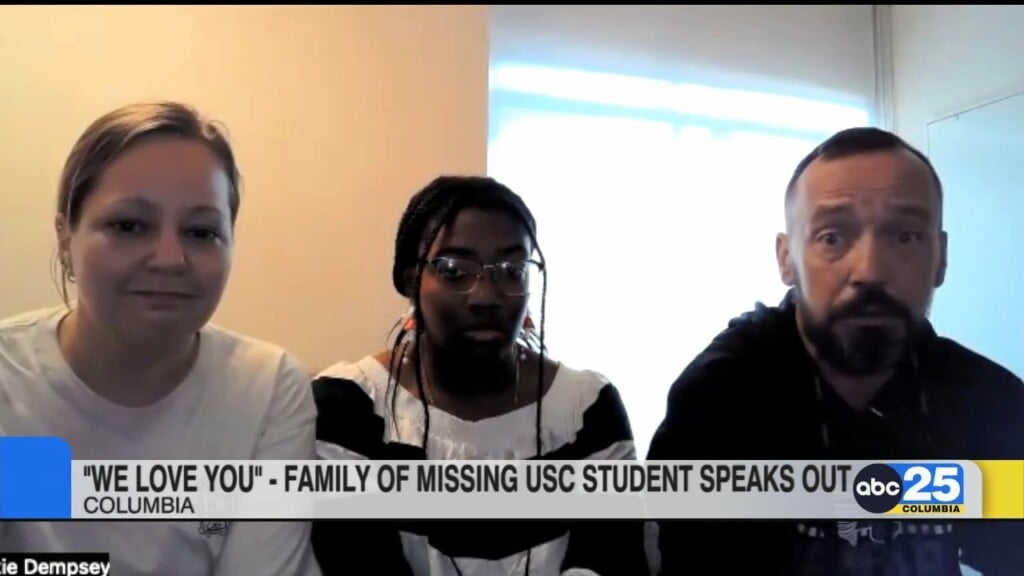Helping children cope with mass shootings
Columbia,SC (WOLO) — It’s a tough topic, even for adults. If your child happened to see any of the frightening images on the evening news concerning the most recent mass shootings, How do you respond to your child’s questions?
Dr. Robin Welsh with Prisma Health Children’s Hospital-Midlands’ child and adolescent psychiatrist and director of the Child Development and Behavioral Health Clinic at the University of South Carolina School of Medicine’s Department of Pediatrics, has some suggestions. According to Dr. Welch, the main thing to keep in mind is that children look to their parents and base their reactions on how their parents react to the news.
“Limiting access to television and the internet is always wise,” said Welsh. “Obviously, you can’t control everything your child sees or hears, so if you know your child is upset about a news story, sit down with them and talk about their feelings. Always be mindful that your child is watching how you react. They are very aware of your expressions and your tone of voice and will look to you to know how they should feel.”
Prisma Health says it’s important to take time during any tragic event to reassure your child that they are in a safe environment. Go over safety information and procedures in case they ever feel unsafe.
It’s not unusual for children to be exposed to various content according to Dr. Welch. However, depending on the age of the child they may not be able to separate fiction, like video games and cartoons from real life.
She adds that children typically can’t conceive of death as being irreversible until about six to seven years old. Keep your explanations developmentally appropriate for your child’s level of development.
Welsh says when people do senseless things, there is no explanation and it is okay for parents to admit that they are sad about the news story and that they don’t understand why it happened either.
Dr. Welch says a great start is to begin the dialogue with your little ones with a few simple tips:
- If your child asks questions, take the time to answer and help calm your child’s fears
- Give no more information than necessary to answer their questions and address their fears
- The younger the child, the simpler the explanation
- Be reassuring
- Limit their access to TV news, internet news and adult conversations in the home about the event. Look for the positive things that often happen after a tragedy and discuss them with your child.
If you would like more information on childhood trauma or resources that can help you and your child cope you can click on the link provided HERE


